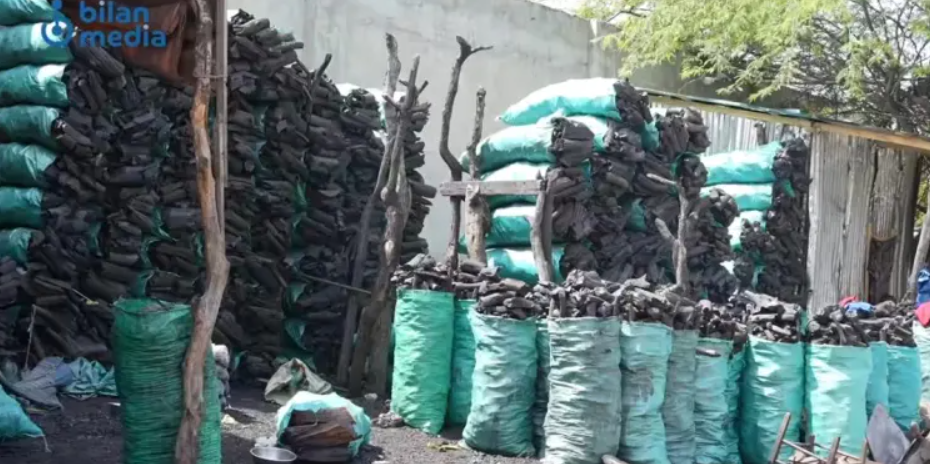Eating charcoal during pregnancy is a long-standing tradition in Somali communities. But are people fully aware of the health risks?
Obstetrician Dr. Ahmed Fartaag warns that consuming charcoal can lead to serious health problems for both the mother and her unborn child. These risks include constipation, stomach pain, and other digestive issues.
Craving charcoal and other non-food items is a condition known as pica, which is common among pregnant women. Some studies suggest that this craving may be linked to iron-deficiency anaemia. While activated charcoal — a specially treated form — may be safe in small amounts, regular charcoal is not and should be avoided.
Charcoal seller Sahra Mahamud notes that many pregnant women buy charcoal specifically to satisfy their cravings.
“I started selling charcoal two years ago and quickly noticed women eating it. They would pick up pieces from the ground and chew on them,” she says.
Social activist Khadiija Mahamed Guutaale has written extensively on the health and environmental risks of charcoal consumption. She highlights how many Somalis are still unaware of its dangers, including the fact that charcoal production contributes to environmental degradation.
Across Somalia, trees — especially acacia (galool) — are widely cut down to produce charcoal. This deforestation leaves the land bare and vulnerable. Despite an international export ban imposed in 2012, Somalia continues to export charcoal, particularly to Gulf countries.
“I’ve witnessed the harmful effects of charcoal on pregnant women since I was young,” says Khadiija. “Seeing close relatives suffer motivated me to raise awareness about its dangers to both human health and the environment.”

By Naima Said Salah with Asma Mohamud Hassan

